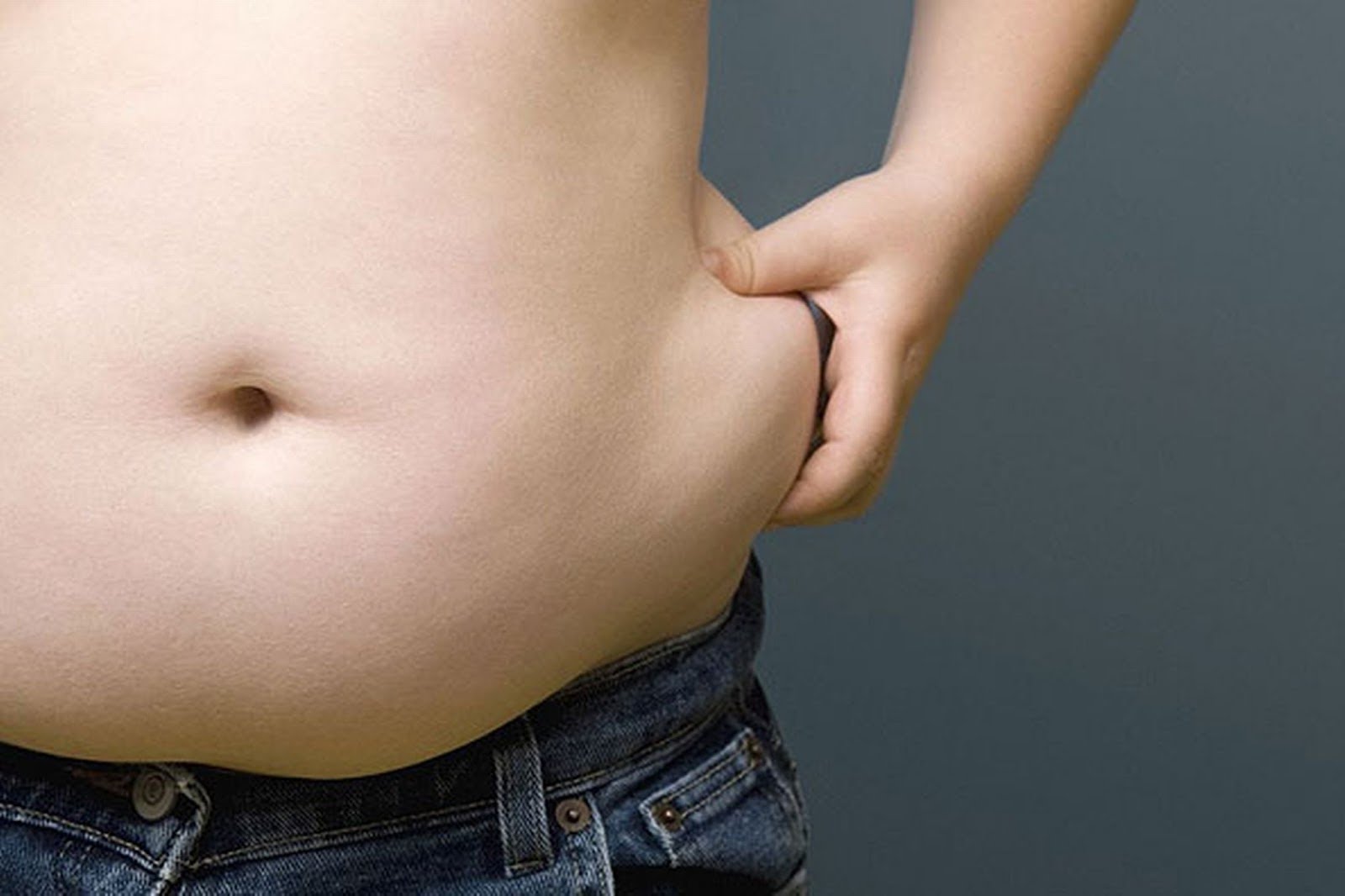Aside from the obvious overeating and lack of exercise, there are some specific things you may be doing that’s making you fat that you may not even realize or consider!
- Skipping breakfast– Skipping the most important meal of the day will lower your metabolic rate for the rest of the day. Waking up not hungry is a true indicator of a low metabolic rate, so start revving it up by forcing a small breakfast in every morning within an hour of waking until you start waking up hungry! Make sure you make it a complete meal consisting of a lean protein, complex carbohydrates, and plant-based fat (e.g. Egg white omelet with Ezekiel bread topped with all-natural peanut butter.)
- Going Longer Than 3 Hours Without Eating– The food we consume actually has a metabolic effect on the body called the Thermic Effect of Food. Our body must heat that food up in order to break it down to be utilized and this process causes a spike in metabolic rate. So eat more often to burn more calories! This will also help to prevent you from overeating. One of the worst things you can do for when trying to reduce body fat is go a long period of time without eating and then overeat in a single sitting, so make sure you’re eating 5-6 properly portioned meals throughout the day.
- Flour-based Foods– Flour-based products like most baked and processed goods (breads/crackers, cookies, cakes/pastries, certain cereals, pie/pizza crust, etc…) are worse for you than pure sugar! Flour is extremely high glycemic which means it raises blood glucose levels rapidly…bad news if you’re trying to reduce body fat. Switch out those flour-based foods for whole grains like oats, long-grain rice, quinoa, barley, Ezekiel bread, and high-fiber cereals. If you’re unsure about the product just read the ingredients label on the package…whole grain should be the first ingredient listed, not flour. Just be careful, whole wheat flour is almost just as bad as white flour.
- Sweetened Beverages– The quickest way to add unwanted calories and added sugars to your diet is through beverages. I’ve had people lose 10+ pounds within the first week or two of dieting just from cutting out the sweet tea and sodas and drinking only water and other 0 calorie beverages. The other big issue with sugary beverages is there’s no fiber to inhibit the sugar from being absorbed instantly, so again you get a quick rise in blood glucose which means that sugar will more than likely be sent to fat cells! Ditch the sodas, sweet tea, and any other sweetened beverages!
- Chemically Modified Fats– Fats are not the enemy! Well….not all of them anyways. Naturally occurring plant-based fats are essential and good for you when consumed responsibly; however, when we take a fat and chemically modify it to help preserve a food or give it a certain texture it alters the way it’s recognized and processed in the body. These modified fats not only contribute to heart disease, but they also affect ideal hormone balance/regulation by suppressing the good hormones that cause fat release/metabolism and encouraging bad hormones that cause fat to be stored. Most processed food items contain genetically modified fats, so read the ingredients label before buying and look for any of these: Trans fat, trans fatty acids, Hydrogenated/fractionated fat or partially hydrogenated/fractionated fat. If any of these are listed, put it back! Go for natural fats, such as nuts/seeds and oils, avocados, nut-butters, vegetable oils, fish oils, and coconut oil.
- Eating Too Little Protein– Protein not only helps to give the feeling of fullness and satiety, but it’s also the most forgiving macro-nutrient- meaning you can get away with eating a lot more of it without potentially contributing to fat cells as oppose to carbohydrates and fats. If you’re finding yourself hungry often, even after you’ve eaten plenty of calories throughout the day try eating more lean protein (e.g. chicken/turkey breast, white fish, pork tenderloin, lean beef, egg whites, whey protein powder, etc…) Your protein intake should be roughly 1-1.5g protein/pound of muscle (not body weight) or 30-45% of your total calories.
- Not Getting Enough Sleep– If you’re not getting 6-8 hours of quality sleep each night you’re much more likely to have a higher body fat percentage. One reason being that people tend to make bad eating choices late at night which is double bad after you’ve eaten plenty all day (eating late at night is one of the worse things you can do when trying to reduce body fat.) Secondly, lots of good hormone regulation and production occurs while we’re sleeping. These hormones are crucial for regular fat metabolism and muscle maintenance. If you’re having a hard time sleeping try exercising daily (or more if already) and get rid of the electronics/mind stimulation 1 hour before bed.
Sorry! No secrets or gimmicks here…just the usual eat wholesome, natural foods instead of processed foods and when you do eat, eat more often and have proper portions. Exercise more to increase your metabolism and it will also help you to sleep better! Your body is the only one you get…treat it well and you will reap the benefits for a lifetime!
If you’re in need of help with meal planning and nutrition coaching, please reach out to me! Eat for vitality and functionality…you deserve it!
Justin Check, NSCA-CPT, NESTA-FNC
Check Total Health
239.209.7878 or justin@check-yourself.com

